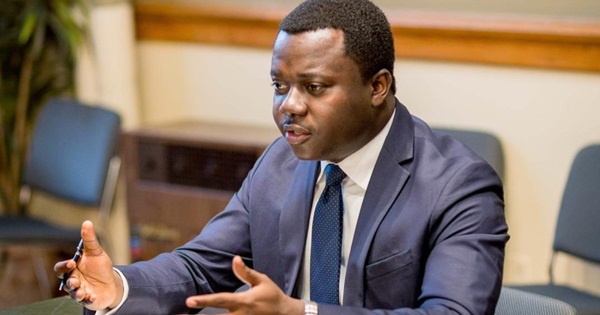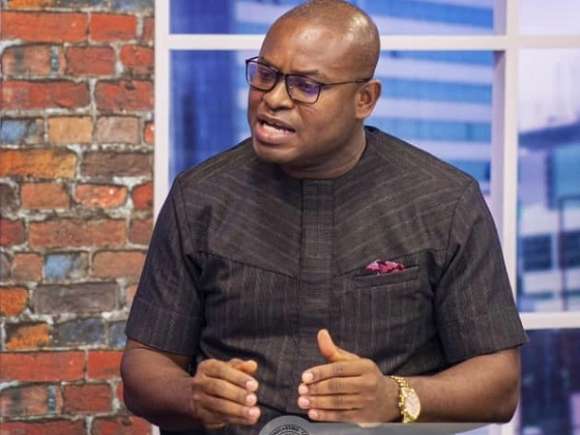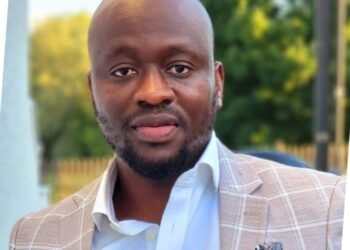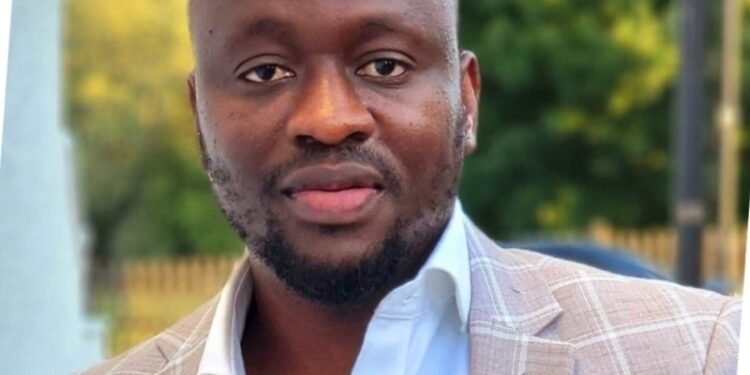The debate over free speech in Ghana has taken a sharp turn following the attempted arrest of Hon. Ntim Fordjour by operatives allegedly tied to the National Intelligence Bureau (NIB).
Richard Ahiagbah, Director of Communications for the New Patriotic Party (NPP), has stressed that if Reverend John Ntim Fordjour’s right to free speech can be curtailed today for political reasons, then no citizen—regardless of party affiliation—will be safe tomorrow.
He sharply criticized the unfolding events, suggesting that the Mahama-led administration is skirting the very foundations of democracy.
“The idea that a citizen or citizens cannot question or whistleblow under this government is tyrannical, and President John Dramani Mahama must not watch our country degenerate into that abyss.”
Richard Ahiagbah
As tensions rise, political figures from the opposition are sounding the alarm against what many fear is the gradual erosion of democratic freedoms.
Accordingly, Ahiagbah made it emphatically clear that Ghana’s democracy must not be allowed to buckle under the pressure of partisanship or intimidation.

He cautioned that allowing political bias to dictate who can or cannot speak freely would set a dangerous precedent—one that erodes the democratic freedoms enshrined in the Constitution.
Such actions, he warned, risk creating an environment where fear replaces dialogue and political loyalty becomes a condition for enjoying basic rights.
The incident also reignited debates over democracy and the appropriate role of security agencies in a democratic state.
Ahiagbah stressed the need for public vigilance, stating that citizens must not surrender their rights. “We must signal to this government and future governments that the right of citizens to free speech is absolute and inviolable.”
He went on to underline the moral imperative behind democratic governance. Quoting a timeless observation, he said, “It’s said that man’s capacity for justice makes democracy possible, but man’s inclination to injustice makes democracy necessary.”
His argument was not merely about protecting one MP; it was about safeguarding the nation’s constitutional integrity.
In Ahiagbah’s view, free speech is the bedrock of Ghana’s democratic journey, and its erosion would represent a monumental failure of leadership and civic duty. “The cure for the present degeneration is the people’s oversight. Let’s speak up to defend our guaranteed right to free speech.”
Free Speech and the NIB
Furthermore, former Defence Minister Dominic Nitiwul added his voice to the growing concern over free speech, issuing a candid call for parliamentary oversight to be carried out boldly and without intimidation.
He raised serious legal and institutional questions regarding the nature of the attempted arrest and the sudden dominance of the NIB in what would ordinarily be a matter for the police.

“If the police come to say that we believe that we have reasonable suspicion, and based on that, we are arresting you, that’s a different matter. But we just asked them a simple question: Do you have an arrest warrant to arrest him? They said no.”
Dominic Nitiwul
This, according to Nitiwul, is a fundamental flaw in due process. It suggests not only an abuse of power but also the weakening of legal standards that are meant to protect every Ghanaian citizen.
“Cooperation, we have said it from day one that for the sake of this nation, for the sake of the integrity of Parliament, for all of us, and for the fact that we want to get to the bottom, we will cooperate. The minority will cooperate with the investigative bodies.”
Dominic Nitiwul

He pressed further on why the NIB—rather than the Criminal Investigations Department (CID) or standard police operations—is taking the lead in house raids and arrests. “Why is it suddenly the NIB that is doing all the raiding of people’s houses and arresting people? Where are the police?” he asked.
The former minister’s concerns were echoed by many who see a troubling shift in Ghana’s law enforcement landscape—where the lines between civil policing and covert security operations appear increasingly blurred.
“Are you not worried as a Ghanaian that suddenly the NIB is the one that is going down, doing all this, in combination with soldiers and police, doing all this all over, raiding people’s houses left and right, and where are the police?”
Dominic Nitiwul
His comments point to what may be a larger institutional imbalance, where certain agencies are being weaponized to stifle opposition rather than maintain public order.
This incident and the outcry it has generated offer a sobering reminder of the fragility of democracy when left unchecked.
If Ghana is to retain its reputation as a beacon of stability in West Africa, the rights of its citizens—particularly the right to free speech—must be vigorously protected.
The country cannot afford to trade accountability for political expediency.
READ ALSO: Trump Hikes Tariff On China To 125%























